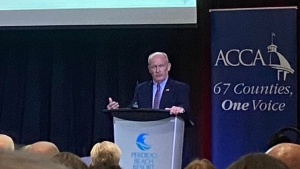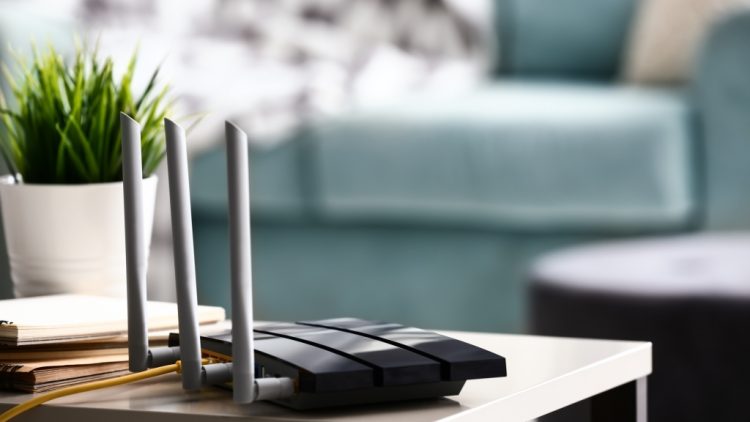Every address in Alabama should have broadband access within six years, with the FCC mandating 100 percent coverage of internet with download speeds of at least 25 megabits per second and upload speeds of 3 megabits per second.
Maureen Neighbors, chief of ADECA’s digital expansion division, told ACCA members attending the association’s annual meeting in Orange Beach Wednesday that the state’s ultimate goal is to bring internet speeds of 100 mbps download and 20 mbps upload to every home.
“We all know that during Covid, we realized just how important being connected is,” Neighbors said. “If you’re not connected, you’re not participating in our society the same way most people are.”
“So for most of us in our household, the download speed is what’s most important to us, but our business applications, and depending on what you’re doing in your home, those upload speeds are important as well,” Neighbors said. “So in Alabama, we define that as a minimum of 100 by 20, to be considered acceptable speeds. And if we make a grant to somebody to to deploy internet infrastructure in a community, we require that those speeds be at a minimum of 100 by 20.”
The project is currently in the planning phase, and the plan will be implemented over the next five years. Neighbors warned attendees not to expect things to move too quickly as every state is fighting for a limited number of suppliers.

Sonny Brasfield speaks at the 2022 ACCA meeting about the importance of supporting Amendment 2 during the general election.
In addition to the state’s broadband plan, counties have also received ARPA funds that could be directed toward broadband; but ACCA executive director Sonny Brasfield said an upcoming constitutional amendment must be passed first to allow that to happen.
“(Amendment 2) makes it clear that we can expend funds on on broadband,” Brasfield said. “The question about expending current revenue and ARPA funds on broadband projects focuses around the constitutional provision that says that counties cannot give individuals or entities a thing of value.”
The amendment would give counties express permission to do so, with the requirements that the decisions are made at a public meeting with notice to citizens.
The challenge, Brasfield said, is getting out the word to vote in favor of the amendment and overcoming a block of voters that typically opposes amendments regardless of content.
“We start behind the eight ball by about 350,000 votes, and that number is pretty solid at every November election of people who vote ‘no’ on all amendments,” Brasfield said.








